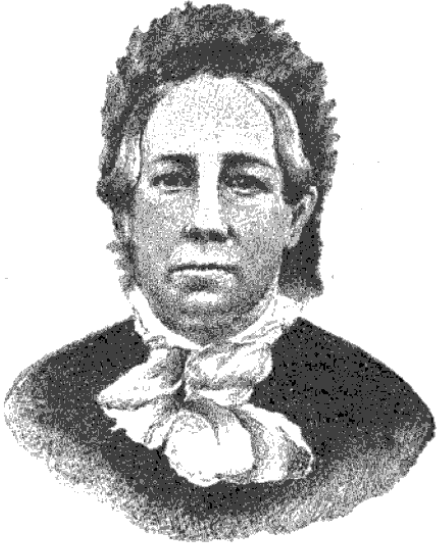
“The Women of Heathen Lands Need the Gospel” is an essay that discusses the work of a missionary named Eliza Agnew. The essay was written after her death by two missionaries named Mary and Margaret Leitch who also worked with her. It was written in 1890, after Eliza had died. Eliza was a missionary who traveled to what is now called Sri Lanka to convert the people there, who were mostly of the Tamil ethnic group, to Christianity in the early nineteenth century. The essay lauds her work in creating the Oodooville Boarding School to teach the people, specifically the girls, about the Gospel. It seems that Eliza believed that converting the Tamil people in that area is a major moral priority, to the point that she was willing to dedicate the last decades of her life to doing that. However, the belief that the “heathen” people need to be converted is a deeply paternalistic, or in this case, maternalistic idea.
The ideas expressed in this essay are deeply wrapped in the ideas of race and gender. The belief that the white people of Europe and North America need to “tame” the people they colonize was prominent in the nineteenth century. This idea can be very obviously seen in this essay, as it depicts a presumably white women from America going into a land populated by nonwhite people and converting them to her faith. She believed she was saving these people, but the idea that what she was doing was in their best interest is an example of that racist idea. Gender factors in because Eliza taught young girls. She explicitly did this because women in this area were the ones who stayed in the home to raise children, placing them in a very strong position to pass on their beliefs.
Make sure to include the full, Chicago-style citation for each primary source.
Source:
Mary and Margaret W. Leitch, Seven Years in Ceylon: Stories of Mission Life, 1890, American Empire at the Turn of the Twentieth Century, Kristin L. Hoganson (Boston: Bedford St. Martins, 2017), 49-52